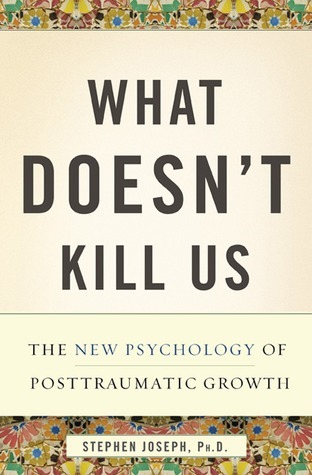What do you think?
Rate this book


Drawing on the wisdom of ancient philosophers, the insights of evolutionary biologists, and the optimism of positive psychologists, What Doesn’t Kill Us reveals how all of us can navigate change and adversity traumatic or otherwiseto find new meaning, purpose, and direction in life.
288 pages, Hardcover
First published November 1, 2011